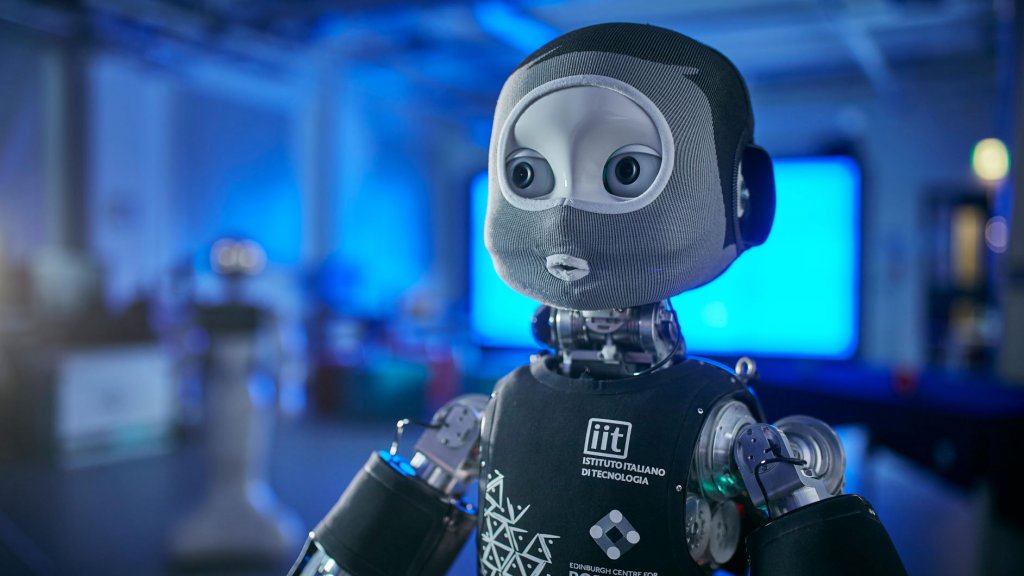Experts Working On ‘World-First Multi-User Conversational Robot For Healthcare’

Artificial intelligence experts in Scotland are working on what is believed to be the world’s first multi-user conversational robot for healthcare.
The Spring (Socially Pertinent Robots in Gerontological Healthcare) project at Heriot-Watt University is part of a multimillion-pound collaboration involving teams from eight European and Asian institutions.8
It is the first research project to be announced by the National Robotarium – due to open at the university’s Edinburgh campus in 2021, and will develop socially assistive robots (SARs).
Working with existing robots such as the iCub, the research will develop the technology to perform multi-person interactions and open social conversation for the first time in a healthcare setting.
Professor Oliver Lemon at Heriot-Watt said: “Research shows that the careful use of robots in group settings can have a positive impact on health, such as decreased stress and loneliness, and improved mood and sociability.
“Healthcare practitioners have been supportive of the use of robots during the non-medical phases of time in hospital, because social robots can help explain complex concepts to patients with limited medical knowledge.
“Social robot technology is of interest for elder care, because robot companionship has the long-term potential to better connect people with each other.
“Social robots could improve both psychological well-being and the relationship between patients and hospital professionals.”
Research will focus on supporting elderly patients by combining scientific findings and technological developments.

The work will then help the robots understand various individuals and group situations to make appropriate decisions, such as identifying patients who have been waiting alone for a long time or who might be anxious.
Professor Lemon added: “While overcoming the limitations of current social robots raises numerous scientific and technological challenges, it has the potential to create tremendous social impact and economic value.
“The National Robotarium’s focus on creating societal benefits is ideally aligned to addressing such challenges.
“This type of technology is touch-free and hands-free so will be in great demand in the future as it will reduce the risk and spread of infection.”




